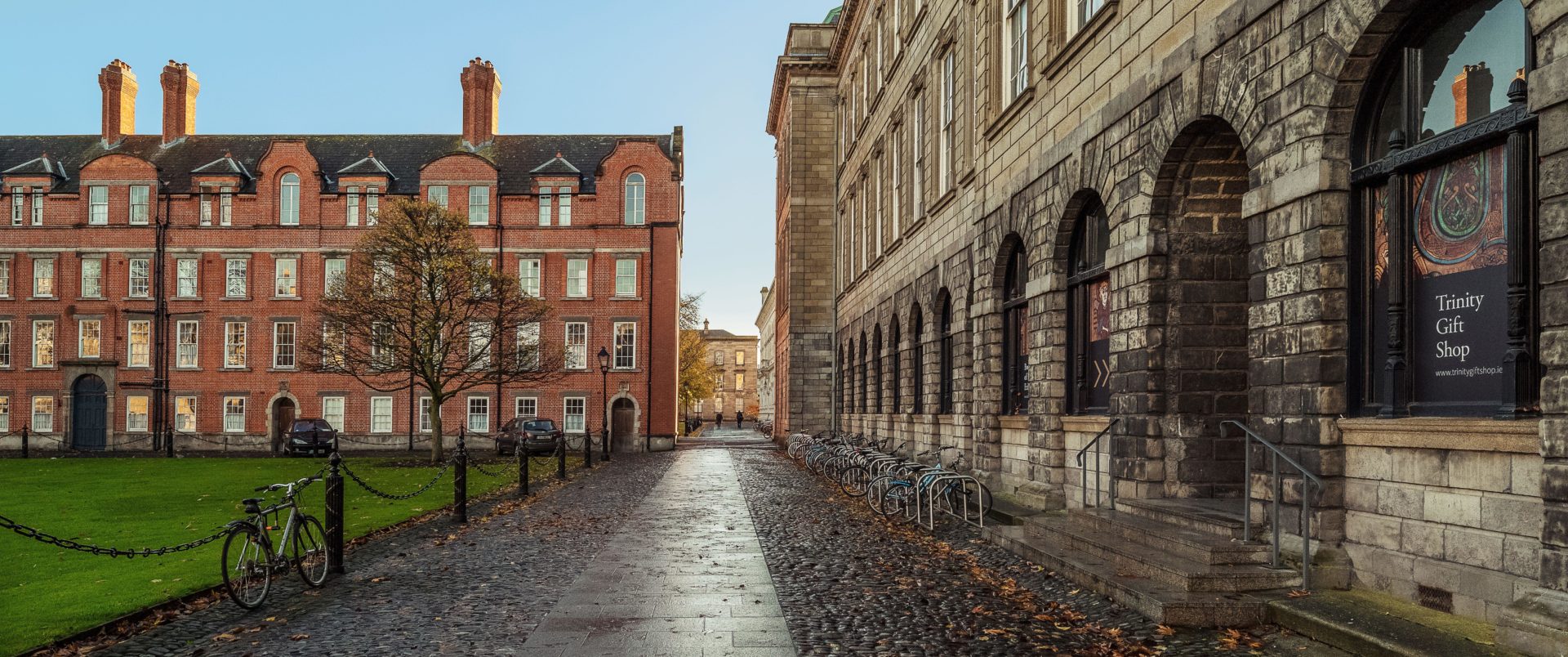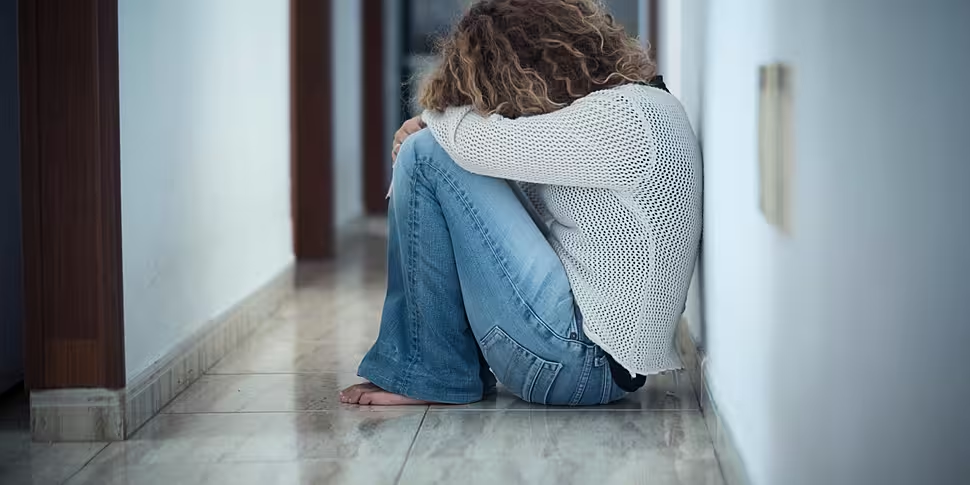College students are increasingly lonely – with COVID lockdowns, the housing crisis and the rise in online learning leaving students facing a very different campus life.
That’s according to psychologist Colman Noctor, who is warning that he can no longer tell teenagers in therapy sessions to look forward to college.
“I used to say to teenagers just wait for college, you find your tribe and like-minded people, it's such a wonderful place to be,” he told Newstalk Breakfast.
“I can't say that with the same level of confidence... campus life isn’t what it was before.
“I can remember the rag weeks, the freshers’ weeks, the hub of activity that was going around.”
As a lecturer, he has noticed several changes in how students interact in recent years.
“Say they’re doing an arts degree and there’s 250 people in a theatre,” he said. “Sometimes they’ll go seven hours and not speak to or connect to another person.”
Housing crisis and loneliness
Mr Noctor said, like many other issues in Ireland, the housing crisis has changed how students are able to make friends.
“At 5pm, people are gone,” he said. “They're not out on the grass or having cans or going out.
“They're taking on a 60km commute home and the busiest part of campus is the car park.”
He said the COVID-19 lockdowns – which happened during secondary school for most college students today – have also changed how young people interact with the wider world.
“The pandemic lockdowns did change things in terms of how people wanted to attend college,” he said.
“They’re wanting more online content; they’re not wanting to commute.”
 Empty campus at Trinity College, Dublin, Ireland. Image:dbtravel / Alamy Stock Photo
Empty campus at Trinity College, Dublin, Ireland. Image:dbtravel / Alamy Stock PhotoMr Noctor pointed out that third-level students are not the only ones suffering from “loneliness and disconnection”.
“I think there are adults in their 30s and 40s describing a loss of community, a loss of connection,” he said.
“A large part of it is down to the rise of individualism - I can see it in my own life.
“When I was growing up, people would call to our house three or four times a week unannounced – that would never happen now.”
He said people should get more involved in volunteering or community groups to feel more connected to others.
“The most effective way we can improve mental health is joining a choir or volunteering,” he said.
He said social and community activity is also beneficial to young people, who grow up seeing adults and role models engaging with the world around them.









